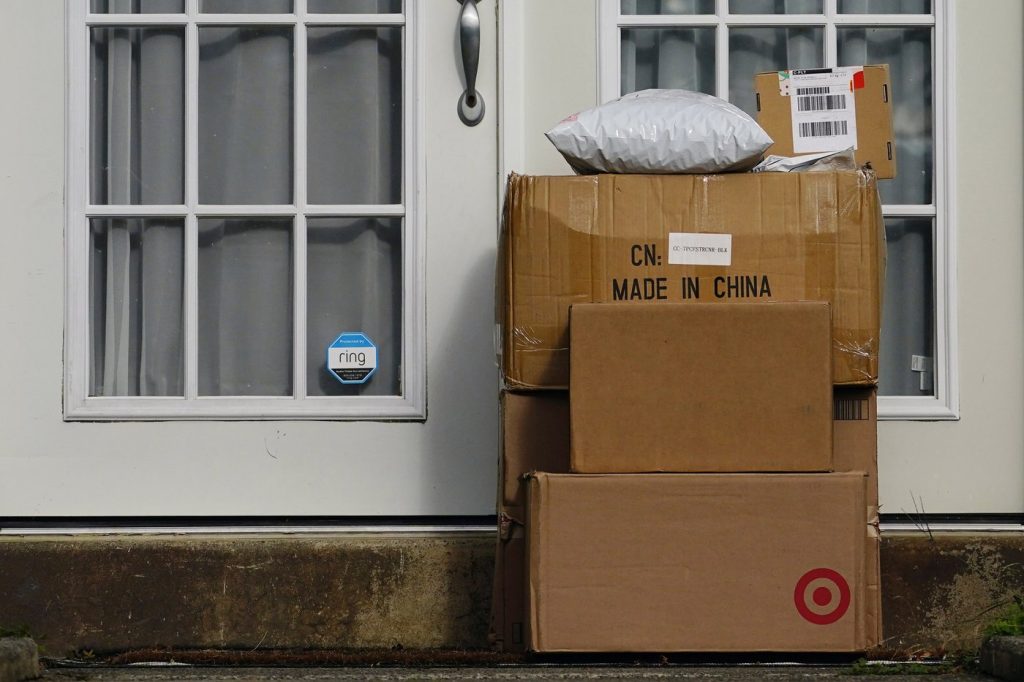HONG KONG (AP) – The Hong Kong postal service, known as Hongkong Post, has announced that it will continue to suspend the shipping of items containing goods to the United States until further notice. This decision comes despite the reversal by the U.S. postal service, which had previously imposed a ban on packages from Hong Kong and other areas of China. The U.S. post office announced on Tuesday that it would no longer accept parcels from these regions following the implementation of an additional 10% tariff on Chinese goods and the termination of a customs exception that allowed small-value parcels to enter the U.S. without incurring tax.
In a public statement, the Hong Kong government mentioned that Hongkong Post is currently engaged in discussions with the U.S. postal administration to seek further clarification on various issues. One of the central topics of these talks includes the additional tariffs applied to packages originating from Hong Kong. The Hong Kong government has expressed strong disapproval regarding the imposition of these tariffs, urging the United States to take immediate actions to rectify what it deems as an inappropriate policy.
The U.S. postal service's unexpected reversal came on Wednesday, waking confusion among those individuals in Hong Kong who intended to send packages to the U.S. The reasons behind the brief ban and the rapid U-turn remain unclear. The U.S. post office has committed to collaborating with Customs and Border Protection to devise an efficient collection process for the newly imposed tariffs in an effort to avoid any disruptions in delivery.
The confusion stirred by these developments has raised concerns over potential ramifications for e-commerce platforms, particularly those popular among younger American consumers, such as Shein and Temu. These platforms are well-known for offering affordable clothing and other goods, which are commonly shipped directly from China. The ability to utilize cheap and direct postal services is vital for these companies to maintain low operational costs, especially given the previous "de minimis" exemption that allowed shipments valued under $800 to enter the U.S. without incurring tax.
According to data from the U.S. Census Bureau, the United States imported approximately $427 billion worth of goods from China in 2023. Among these imports, consumer electronics—such as cellphones, computers, and various tech accessories—constituted the largest categories. The ongoing shipping restrictions and uncertainty around tariffs could significantly impact these trade dynamics, particularly for e-commerce businesses that rely heavily on affordable shipping options.
Overall, the current situation underscores the complexities and challenges faced by businesses operating in a globalized trade environment, particularly in relation to post-pandemic supply chain disruptions and changing tariff regulations. As Hongkong Post continues to navigate its discussions regarding the shipping ban, the implications for consumers and businesses alike remain a critical area of concern.











